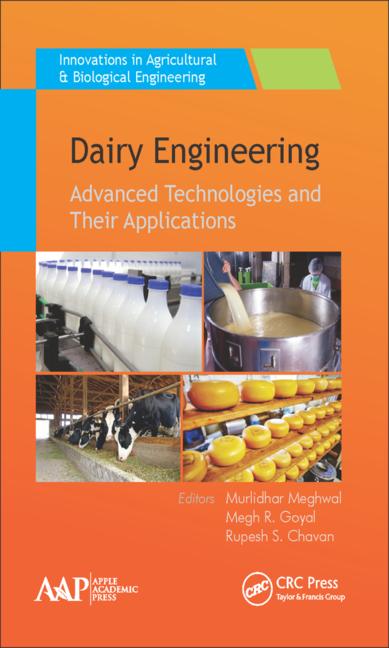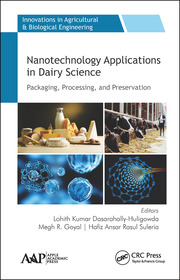Kalsec earns B Corporation certification
The ingredient supplier was recognized for its commitment to making ethical and sustainable decisions.

Kalsec, a Kalamazoo, Mich.-based producer of authentic spice and herb extracts, colors, antioxidants and advanced hop products for the food and beverage industry, said it achieved B Corporation (B Corp) certification. As a B Corp, Kalsec has met rigorous social and environmental standards that represent its commitment to making ethical and sustainable decisions that serve consumers, customers, employees, communities and the environment.
In using its business as a force for good, Kalsec said it has proven its commitment to socially and environmentally responsible practices relating to energy supplies, waste and water use, worker compensation, diversity and corporate transparency.
“We have deepened the Kalsec legacy with our B Corp certification; social justice and environmental stewardship have been a part of our DNA since the beginning,” said Martha Todd, chair of the board of directors and granddaughter of Kalsec founder Paul H. Todd Jr.
In addition to its certified organic manufacturing facilities and sustainably sourced ingredients, Kalsec focuses on environmental sustainability in other ways. For example, its headquarters in Kalamazoo are equipped with solar arrays and electric vehicle stations, and compostable service-ware is used for sensory tests and by employees. Kalsec’s supply chain management follows its responsible sourcing policy and uses Sustainable Agriculture Initiative Farm Sustainability Assessment tools in the field to measure and improve sustainability of its agricultural supply chain. Furthermore, Kalsec’s ethical operations promote responsible sourcing practices, including practices designed to prevent slavery and human trafficking, the company said.
“This certification will be a benchmark to guide us through continuous improvements,” said Scott Nykaza, Ph.D., CEO of Kalsec. “Whether it’s in our supply chain, our responsible sourcing, or our commitment to equity and inclusion, it further aligns the family’s values with those of the business and provides a comprehensive framework for how we measure our impacts and remain private and sustainable for the next 100 years.”
Looking for a reprint of this article?
From high-res PDFs to custom plaques, order your copy today!








